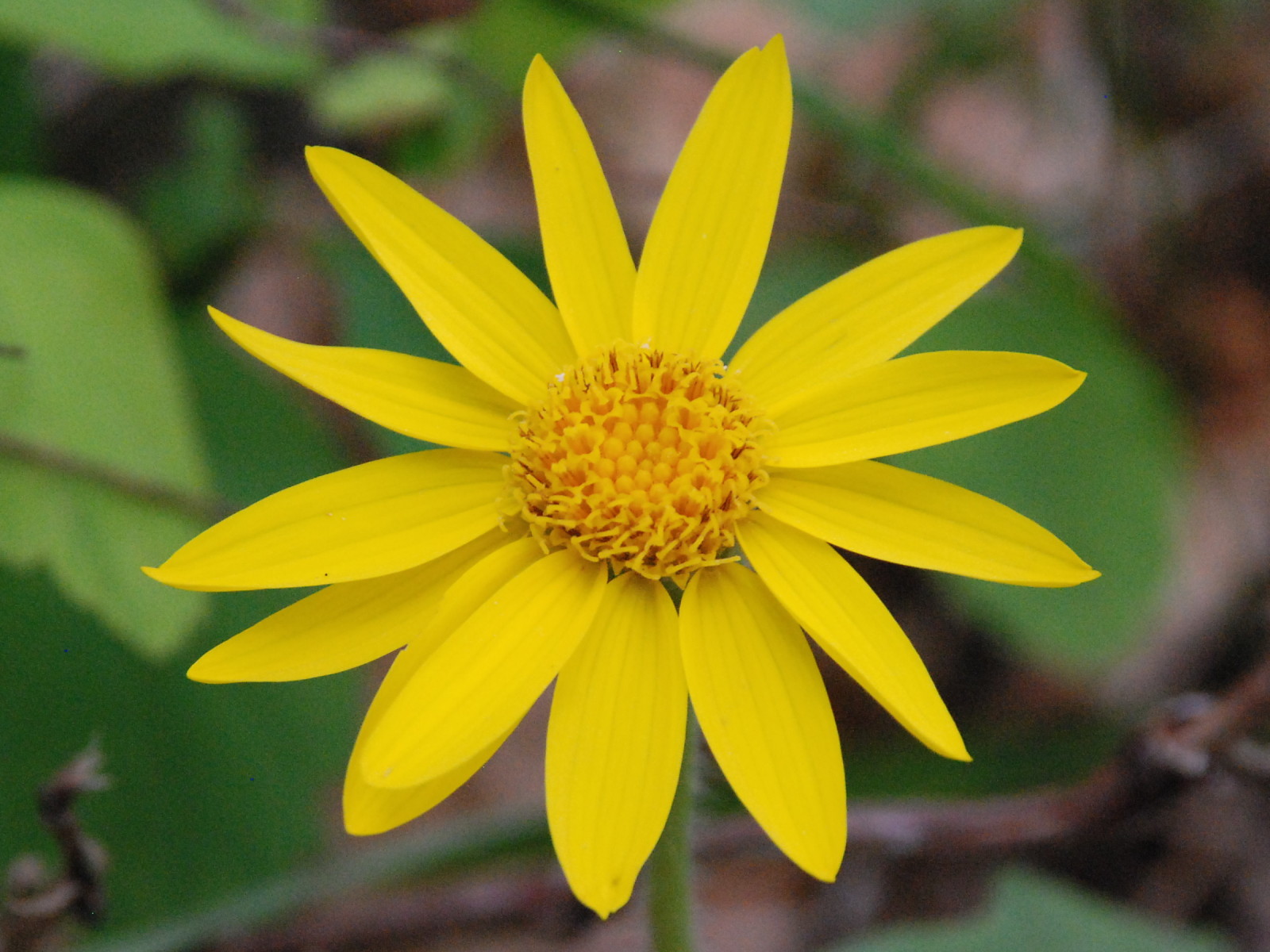Who out there has never had a bruise before? Maybe you have had the bad misfortune of being hit in the face with a baseball. Maybe you are a clumsy person and just accidentally hit yourself on random objects a lot. Either way, some of you may have used anti-bruising cream, but have you ever tried to reduce your bruising and swelling by using Arnica?
Source: W. Perry Conway
What is Arnica? Arnica is a hairy looking plant in the same family as the sunflower that is originally native to Europe. It is often used medicinally in ointments and in tinctures, both containing extracted oils and chemicals from the plant. According to the British Homeopathic Association, Arnica has anti-inflammatory properties and has therefore been used to treat bruises and swelling for a very long time in history. In addition, Arnica is shown to relieve pain related to osteoarthritis according to the Holistic Nurse Practitioner Journal. Arnica works well to reduce bruising through its main active compounds: sesquiterpene lactones. These sesquiterpene lactones, according to the Journal of Biological Chemistry, work to relieve inflammation in a different way than ibuprofen or aspirin, which is why Arnica can work topically on the skin.
Source: Hemme
Arnica ointment is also very popular in the cosmetic surgery world. According to this article from the Archives of Facial Plastic Surgery, Arnica has been show to reduce swelling and inflammation in postoperative people and speed up the healing process. However, the Food and Drug Administration labels Arnica as toxic when ingested orally; therefore it is not suggested people take it by mouth as a tea or supplement of any kind.
Hopefully now that you know about Arnica you will harvest its benefits one of these days if you are unlucky enough to be hit by a blunt object or trip on your way to work. The embarrassment may linger, but the bruise can be helped!
Feature Image Source: PROJason Hollinger










